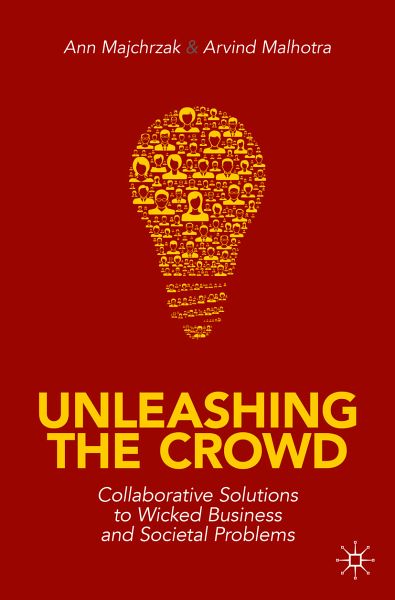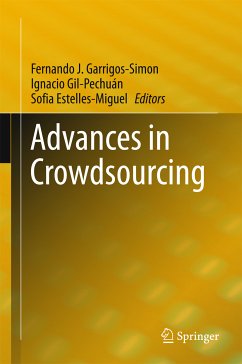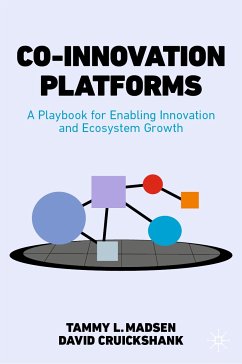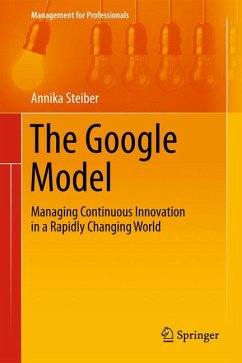
Unleashing the Crowd (eBook, PDF)
Collaborative Solutions to Wicked Business and Societal Problems

PAYBACK Punkte
14 °P sammeln!
This book disrupts the way practitioners and academic scholars think about crowds, crowdsourcing, innovation, and new organizational forms in this emerging period of ubiquitous access to the internet. The authors argue that the current approach to crowdsourcing unnecessarily limits the crowd to offering ideas, locking out those of us with knowledge about a problem. They use data from 25 case studies of flash crowds - anonymous strangers answering online announcements to participate in a 7-10 day innovation challenge - half of whom were unleashed from the limitations of focusing on ideas. Yet, ...
This book disrupts the way practitioners and academic scholars think about crowds, crowdsourcing, innovation, and new organizational forms in this emerging period of ubiquitous access to the internet. The authors argue that the current approach to crowdsourcing unnecessarily limits the crowd to offering ideas, locking out those of us with knowledge about a problem. They use data from 25 case studies of flash crowds - anonymous strangers answering online announcements to participate in a 7-10 day innovation challenge - half of whom were unleashed from the limitations of focusing on ideas. Yet, these crowds were able to develop new business models, new product lines, and offer useful solutions to global problems in fields as diverse as health care insurance, software development, and societal change. This book, which offers a theory of collective production of innovative solutions explaining the practices that the crowds organically followed, will revolutionize current assumptions about how innovation and crowdsourcing should be managed for commercial as well as societal purposes.
Dieser Download kann aus rechtlichen Gründen nur mit Rechnungsadresse in A, B, BG, CY, CZ, D, DK, EW, E, FIN, F, GR, HR, H, IRL, I, LT, L, LR, M, NL, PL, P, R, S, SLO, SK ausgeliefert werden.












